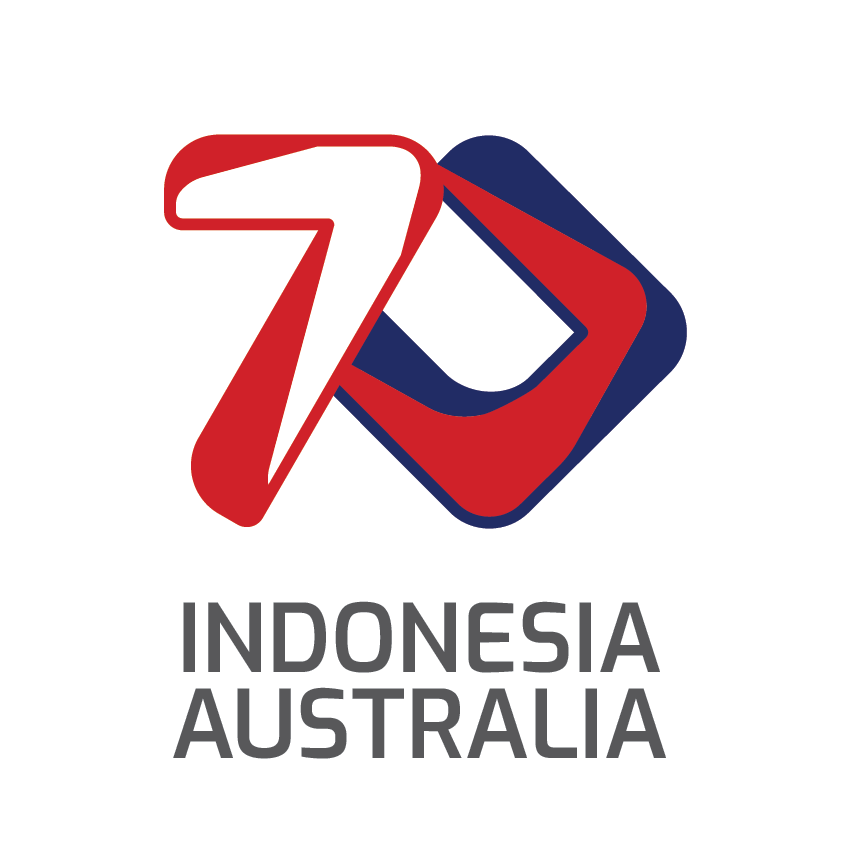Australia’s role in Indonesia’s independence and transfer of sovereignty
Australian diplomat Tom Critchley AO CBE, who was later awarded the Bintang Jasa Utama (Bravery Star Decoration) meets the President in Yogyakarta, 7 December 1948.
On 17 August 1945, Indonesia's nationalist leaders, Sukarno and Mohammed Hatta, proclaimed the independence of the Republic of Indonesia.
However, it took more than four years of diplomatic negotiation and at times bitter fighting before the Indonesian Republic finally gained its independence from the Netherlands in December 1949.
On 20 July 1947, the Netherlands abandoned negotiating with the Indonesian nationalist leaders and launched a carefully planned military offensive against the Republic in Java and Sumatra.
Ten days later, Australia took a crucial diplomatic step and referred the conflict in Indonesia to the United Nations Security Council as a breach of the peace under Article 39 (Chapter VII) of the UN Charter.
The move had immediate results. Australia's action encouraged the United Kingdom and the United States, although reluctantly, to take a stance against their European ally, the Netherlands. The Security Council ordered a cease-fire on 1 August 1947 and established a Committee of Good Offices to broker a truce agreement in Indonesia and to assist the Dutch and the Indonesian Republic to reach a political agreement as a basis for Indonesian independence.
The Indonesian Republic nominated Australia to sit with the Dutch nominee, Belgium, and the United States on this Committee. Australia's representatives on the Committee, Justice Richard Kirby and Tom Critchley, did as much as they could to make the Renville Truce Agreement of January 1948 fair to the Republic.
Although the Republic accepted Critchley's plan as a basis for negotiation, the Netherlands declined to do so. After again breaking off negotiations, the Dutch launched a second military offensive against the Republic in December 1948.
Frustrated at the rather weak international response to the second Dutch offensive, Australia participated in an Asian Conference convened by India's Prime Minister, Nehru, in New Delhi to concert regional support for the Indonesian Republic.
The unprecedented demonstration of regional solidarity in New Delhi undoubtedly helped a majority in the Security Council to agree on 28 January 1949 to order the restoration of the imprisoned Republican Government to its capital, Yogyakarta, and for the resumption of negotiations between this Government and the Netherlands.
In response, the Dutch devised a plan, named after its originator Louis Beel, that sought to transfer sovereignty - without first restoring the Republic - to an Indonesian federal government which they would create and which they would indirectly control.
Australia worked actively against the Beel Plan. It sought to press the Dutch to first restore the Indonesian Republic - without which there could be no genuine negotiations for Indonesian independence - and even threatened to take the matter to the UN General Assembly. In response to international pressure, the chief Dutch negotiator in Batavia, J.H. van Roijen reached an agreement on 7 May 1949 with a Republican delegation headed by Mohammed Roem and assisted by Australia's Tom Critchley.
Under this agreement, the Republic agreed to cease hostilities against the Dutch army and the Netherlands agreed to restore the Republican Government to Yogyakarta; and on 5 July 1949, Sukarno and Hatta returned in triumph.
After the Roem-Van Roijen Agreement, from August to November 1949, the Dutch convened a Round Table in The Hague conference consisting of delegations of the Netherlands, the Indonesian Republic, and the Dutch-sponsored federal Indonesian states, all assisted by the reconstituted UN Commission for Indonesia.
The task of the Conference was to negotiate the transfer of sovereignty to an Indonesian federal State, which after strong negotiations concluded on 27 December 1949, when the Netherlands transferred sovereignty to the Republic of the United States of Indonesia. On the same day, the Australian Government recognised the new state, helping bring to fruition one of the first successes of the United Nations and of regional diplomacy: an end to the fighting in the Indonesian archipelago and the bringing into being of a new and great member of the world community.



























